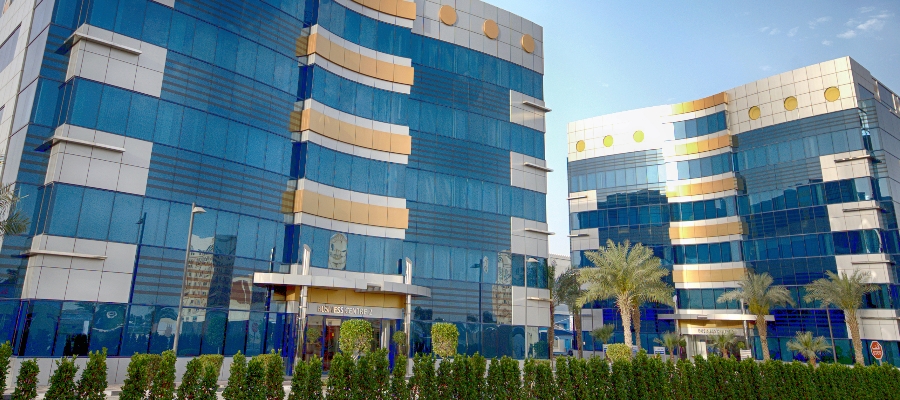During a 2019 interview with CNN Arabic, the ruler of Ras Al Khaimah explained a few reasons that justify his ongoing focus on expanding the manufacturing and heavy industrial sectors of his Emirate. Sheikh Saud bin Saqr Al Qasimi underscored the decision made by Ashok Leyland, one of the largest manufacturers of work trucks and buses in the world, to set up operations in Ras Al Khaimah as an example of the type of companies he would like to attract.
Sheikh Saud is proud of the way the RAK economy has been developing. In recent years, various economic sectors have been thriving, particularly tourism, construction, civil engineering, and maritime shipping. There is an economic vision for RAK to become a global Emirate between now and 2030, and the Sheikh believes that the time is right to foster the heavy industrial sector because this is how RAK managed to kick-start its economy a few decades ago.
It makes sense to make heavy industrial a high priority sector for RAK; after all, Sheikh Saud was instrumental in the creation of RAK Ceramics, which is now a major global player in the fabrication and distribution of not only ceramics fixtures but also advanced materials. What the Emirate lacks in crude oil resources, it more than makes up in terms of sands that are rich in clay and limestone. Taking advantage of these resources required heavy borrowing in the form of sovereign bond issuance; there have been a couple of times when the deficit was worrisome, but His Highness has always insisted on careful fiscal management to protect the Emirate’s credit rating, which at this moment is certainly enviable. There have been a couple of interesting and lucrative projects that RAK decided to not pursue at the time because directors of the Investment Authority believed that the numbers did not add up, but they may return to them in the future.
The investments made into RAK Ceramics were considerable, and they paid off because they were coupled with a spike in cement and glass production. The next step was to procure major civil engineering and construction projects around the Middle East, and this was a clever idea because executives were already in touch with project managers who needed materials. Heavy industrial operations in construction materials and project management certainly paid off for RAK, and this is why His Highness would like to explore more opportunities in this sector, but this does not mean that other industries will not be welcome.
Economic diversity has been a vital aspect of development in RAK. After RAK Ceramics, other major projects involved the establishment of the RAK Investment Authority and RAK Maritime City. The next step involved even more diversification through the establishment of the RAK Economic Zone (RAKEZ), which consists of a network of six specialized free trade zones around the Emirate. Through the initiatives of the RAKEZ, all of RAK is open for business; the six zones operate more like districts than compounds, thus creating an ambiance of prosperity that is integrated with the community. The RAKEZ makes it easy for foreign companies to set up operations in the Emirate; promotion of the sovereign brand as a business-friendly jurisdiction is taken care of by the RAK Investment Authority, an entity that has been very successful in attracting companies from around the world.
RAK has gone from being a sleepy Emirate without an abundance of hydrocarbons to an international business hub. There have also been efforts to position the Emirate as a major tourism destination, and they are working out as intended. As we approach the year 2020, RAK is one of the most enticing spots for tourists who are curious about what the Arabian Peninsula has to offer in terms of hospitality. RAK is blessed with a climate milder than Abu Dhabi and Dubai; the coastline extends for more than 60 kilometers, and it is rich with secluded beaches, coves, small bays, and lagoons. The deserts are surrounded by mountain ranges with fertile wadis, rivers, and oasis lands. All these factors have resulted in a burgeoning tourism industry that attracts travelers interested in adventure, ecotourism, leisure, luxury, gastronomy, and cultural heritage.

Leave a Reply